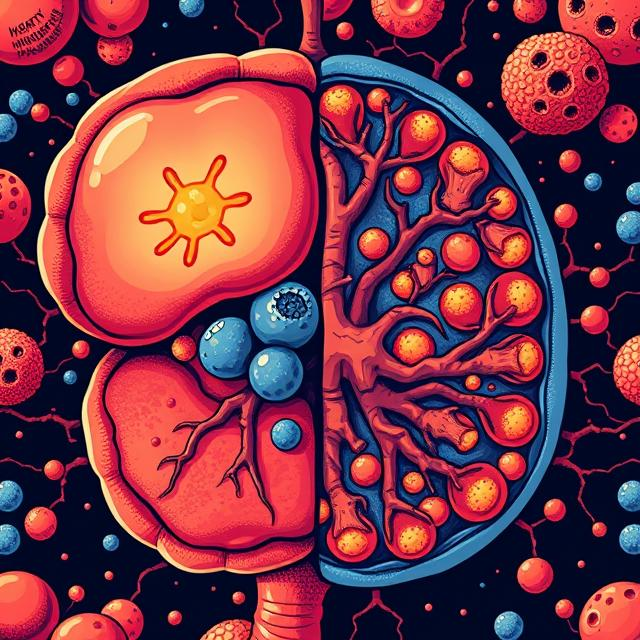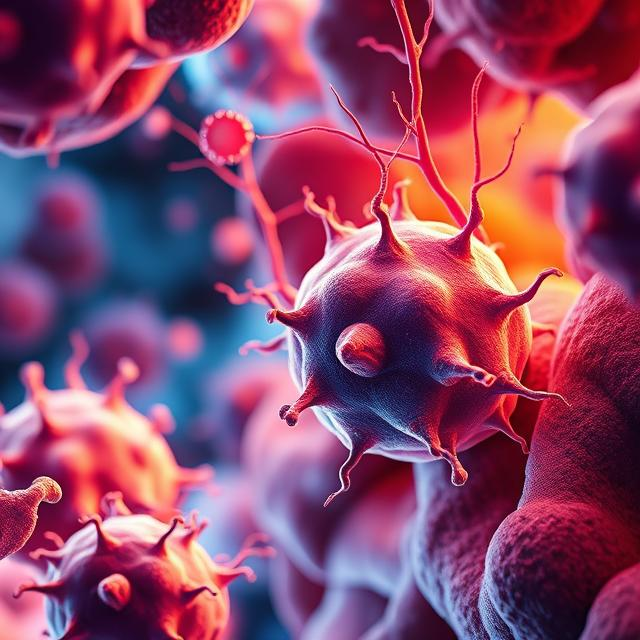Our Research
The Lynch Lab studies immunometabolism – how the immune and metabolic systems interact. We study immunometabolism at both the organismal and cell-intrinsic level, which is at an exciting time of convergence. Our research focuses on the role of innate immune cells in regulating systemic metabolism, and coming full circle to the effects of altered metabolism on immune cell function. We use obesity and diabetes as well as the tumor microenvironment as models to show how the nutrient supply or diet can influence immune cell functions through altering their cellular metabolism.
Our Questions:

What is the main role of the adipose immune system, and what adipose-derived factors control its regulatory nature?
What can we learn from this about immune regulation in other situations such as lipid-rich solid tumors?

What are the ancient roles of cytokines, in particular the IL-17 family of cytokines?
What regulates the innate IL-17 family and what does IL-17 regulate?
Here we are particularly interested in metabolic pathways, especially lipid metabolism, in regulating IL-17, and how IL-17 regulates non-typical immune functions such as thermogenesis, and other neuroimmune behaviours.

Can we manipulate metabolic pathways through diet or therapeutic options to
improve immunity in obesity or other diseases?
We use state-of-the-art facilities to study immuno-metabolism in vivo, and take a molecular and biochemical approach in vitro, in both humans and mice. We also use multi-omics (single cell seq, metabolomics, lipidomics, proteomics) to understand cross-talk between systems and organs and to identify major immune pathways that are perturbed during diet, metabolic disease cancer, and metabolic emergencies (eg fasting, cold exposure).